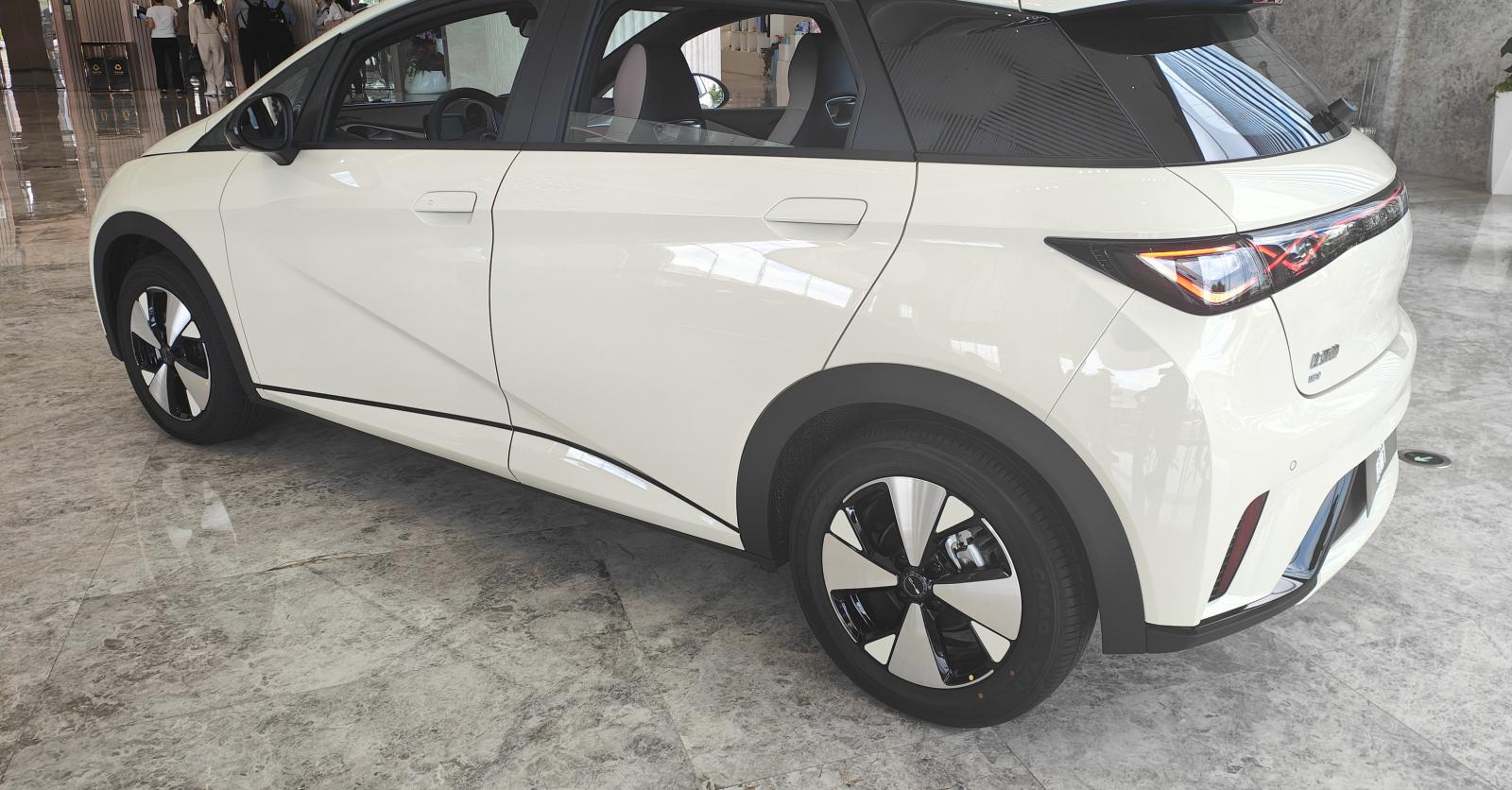The U.S. Department of Commerce’s Bureau of Industry and Security (BIS) has published a notice of proposed rulemaking (NPRM) that would prohibit the sale or import of connected vehicles with specific hardware and software, or components sold separately, that have a “sufficient connection to the People’s Republic of China (PRC) or Russia.”
The proposed rule focuses on hardware and software integrated into the Vehicle Connectivity System (VCS) and software integrated into the Automated Driving System (ADS). These are the critical systems that, through specific hardware and software, enable external connectivity and autonomous driving capabilities in connected vehicles.
Malicious access to these systems could allow adversaries to access and collect our most sensitive data and remotely manipulate cars on American roads. The proposed rule would apply to all wheeled vehicles, such as cars, trucks and buses, but would exclude vehicles that are not used on public roads, such as agricultural or mining vehicles.
BIS and its Office of Information and Communications Technology and Services (OICTS) have found that certain technologies originating in the PRC or Russia pose unnecessary risks to both U.S. critical infrastructure and those using connected vehicles. The proposed action is a proactive measure designed to protect U.S. national security and the safety of American drivers.
“Cars today have cameras, microphones, GPS tracking, and other technologies connected to the Internet. It doesn’t take much imagination to understand how a foreign adversary with access to this information could pose a serious risk to both our national security and the privacy of American citizens,” U.S. Secretary of Commerce Gina Raimondo said in response to the decision.
“The Biden-Harris administration will ensure that Americans can drive the car of their choice safely and confidently, without the risks that Chinese technologies pose,” said Lael Brainard, national economic adviser.
National Security Adviser Jake Sullivan said “the data security and cybersecurity risks posed by software and hardware components from the People’s Republic of China and other countries of concern are equally clear. We will continue to take the necessary steps to mitigate these risks and get ahead of the problem.”
Also expressing support were Undersecretary of Commerce for Industry and Security Alan Estevez and OICTS Executive Director Elizabeth Cannon, who stressed that ensuring security was the primary reason for the decision.
The proposed rule would ban the import and sale of vehicles with certain VCS or ADS hardware or software that have nexus to the PRC or Russia. The VCS is the set of systems that allow the vehicle to communicate externally, including telematics control units, Bluetooth, cellular, satellite, and Wi-Fi modules. The ADS includes the components that collectively allow a highly autonomous vehicle to operate without a driver behind the wheel.
The rule would also prohibit manufacturers with ties to the People’s Republic of China or Russia from selling connected vehicles that contain VCS hardware or software or ADS software in the United States, even if the vehicle is made in the United States.
The software bans would go into effect for model year 2027, and the hardware bans would go into effect for model year 2030, or Jan. 1, 2029 for non-model year units.
“US proposes ban on import of smart/connected vehicles from China” was originally created and published by Investment Monitor, a GlobalData brand.
The information on this site is included in good faith for general information purposes only. It is not intended to amount to advice on which you should rely and we make no representation, warranty or guarantee, express or implied, as to its accuracy or completeness. You must obtain professional or specialist advice before taking, or refraining from, any action on the basis of the content on our site.








